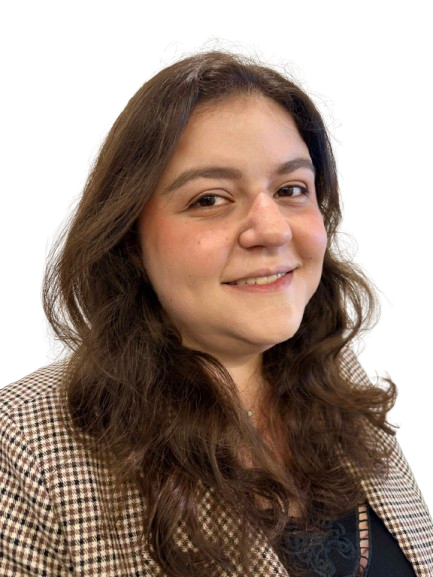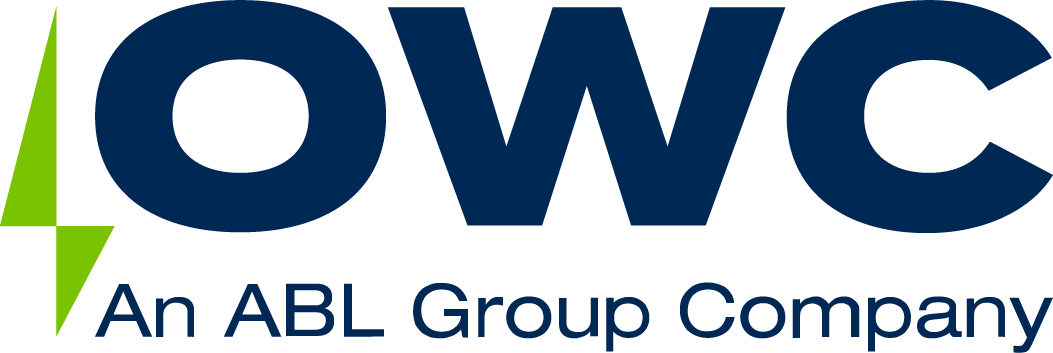Meet the Team: Juliana Arraes | OWC Brazil
At OWC, our teams are constantly expanding into more locations, in expertise, and in sectors of influence. Our people are at the heart of what we do, and we invite you to get to know our team members so you can meet the energy behind change.
For this week’s meet the team, we introduce Juliana Arraes, a Geoscience Consultant with OWC in Rio de Janeiro.
Position: Geoscience Consultant
Office: Rio de Janeiro, OWC Brazil
Favourite Movie: Interstellar
Hobbies Outside of Work: Shopping, Reading, and Cooking!
Can you give us a glimpse into what your day-today entails?
As a Geoscience Consultant, I support offshore renewable energy projects, mainly in offshore wind. My day-to-day involves analyzing geological, geophysical, and geotechnical data, performing GIS-based spatial analysis, and contributing to geological risk assessments.
I also help prepare technical reports that support decision-making during a project’s early phase. It’s a mix of analytical work, collaboration with multidisciplinary teams, and applying geoscience knowledge to real-world energy challenges – which makes every day interesting and dynamic.

What first sparked your interest in the renewable sector?
It all started in high school during geography class when we learned about tectonic plates. I was captivated by the idea that entire continents shift and collide, causing earthquakes and volcanic eruptions.
Are there any emerging technologies or innovations in geoscience that particularly excite you?
I’m particularly excited about the use of advanced 3D modeling and simulation tools in geoscience. These technologies are allowing us to visualize subsurface conditions in greater detail, which enhances our understanding of geological structures and hazards. It’s a game-changer for improving site assessments and reducing risks in projects like offshore wind farms.
What does the future of energy and oceans look like in Brazil?
Brazil has immense potential to lead the transition to renewable energy, especially with its vast coastline and abundant wind resources. Offshore wind energy, floating solar, and battery storage have the potential to play important roles in Brazil’s energy future. If these technologies are integrated, they could help the country generate more reliable, clean power and improve energy stability – even with the variability of renewable sources. In addition, the development of green hydrogen could offer further opportunities for decarbonization, helping Brazil move toward a more sustainable energy system.
What’s been a recent highlight for you within your work at the ABL Group?
A recent highlight for me was when we wrapped up a particularly challenging project and received positive feedback from the client. It was a great feeling to see the efforts of our team come together so well. The recognition from the client really boosted our confidence and reinforced how rewarding it is to be part of such a dedicated team.
